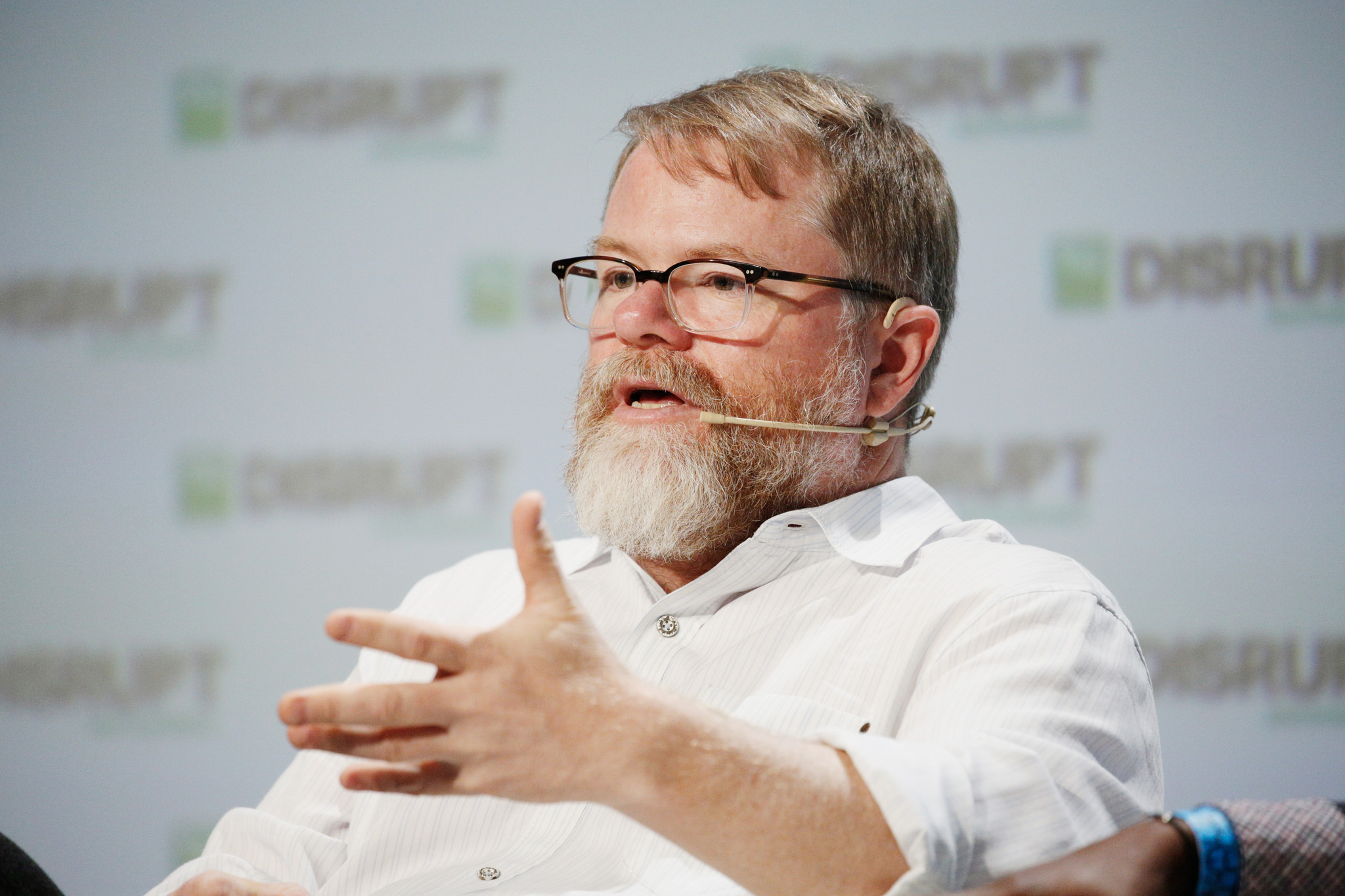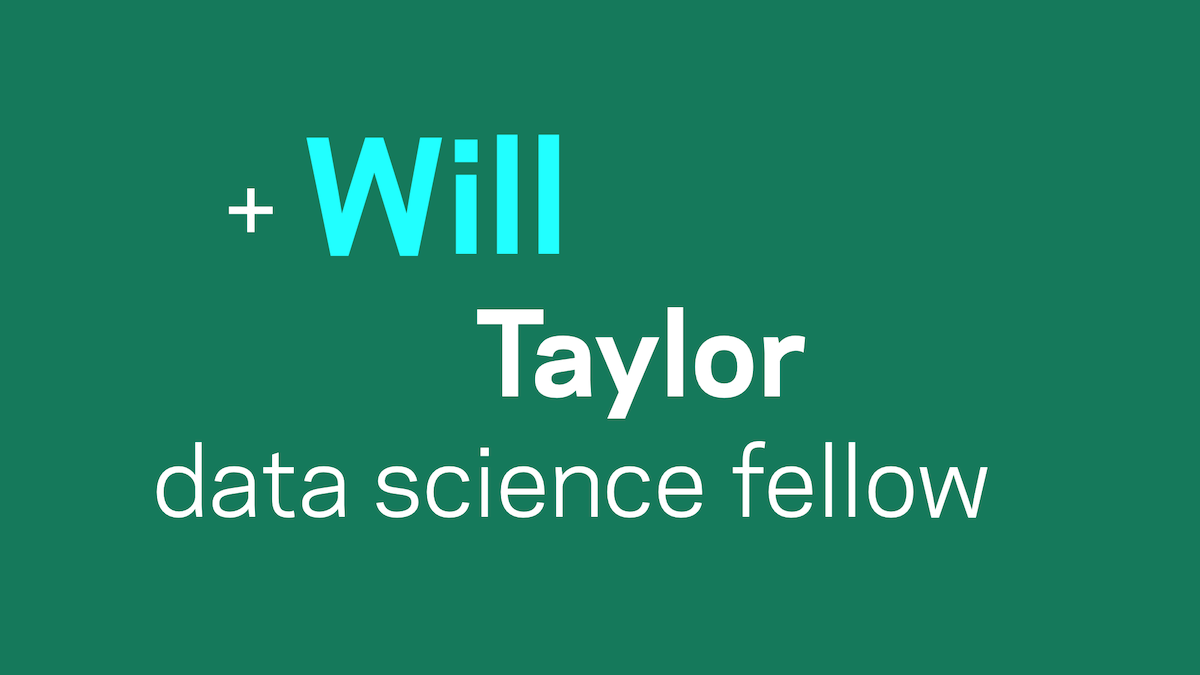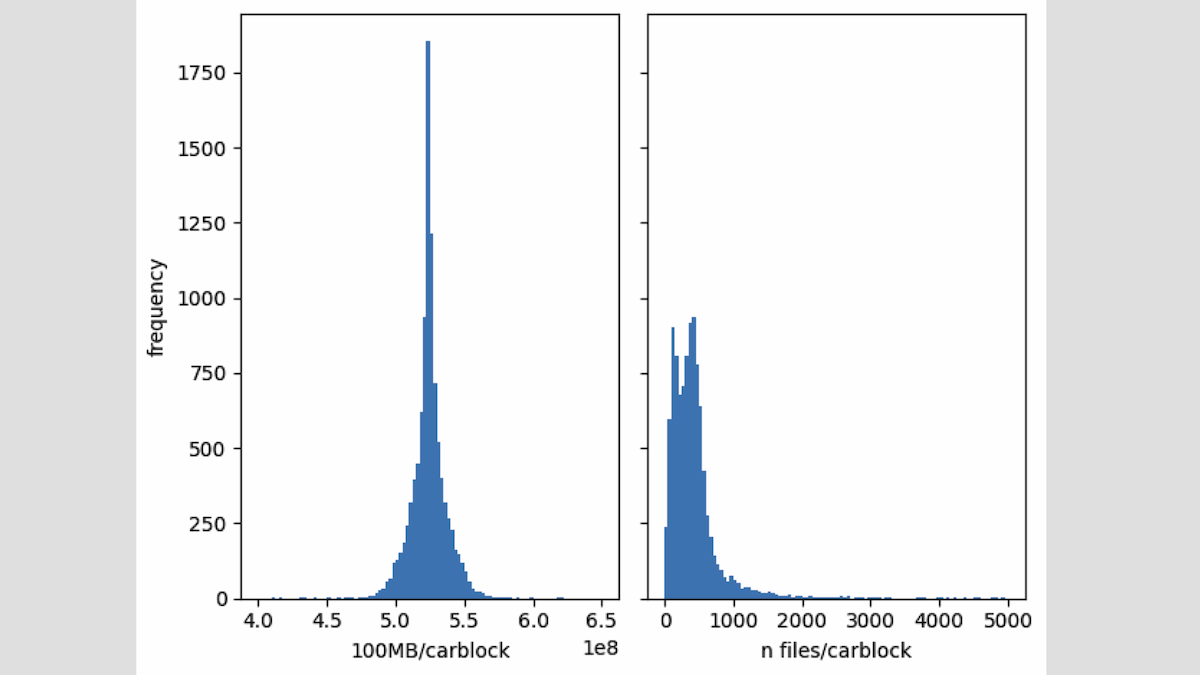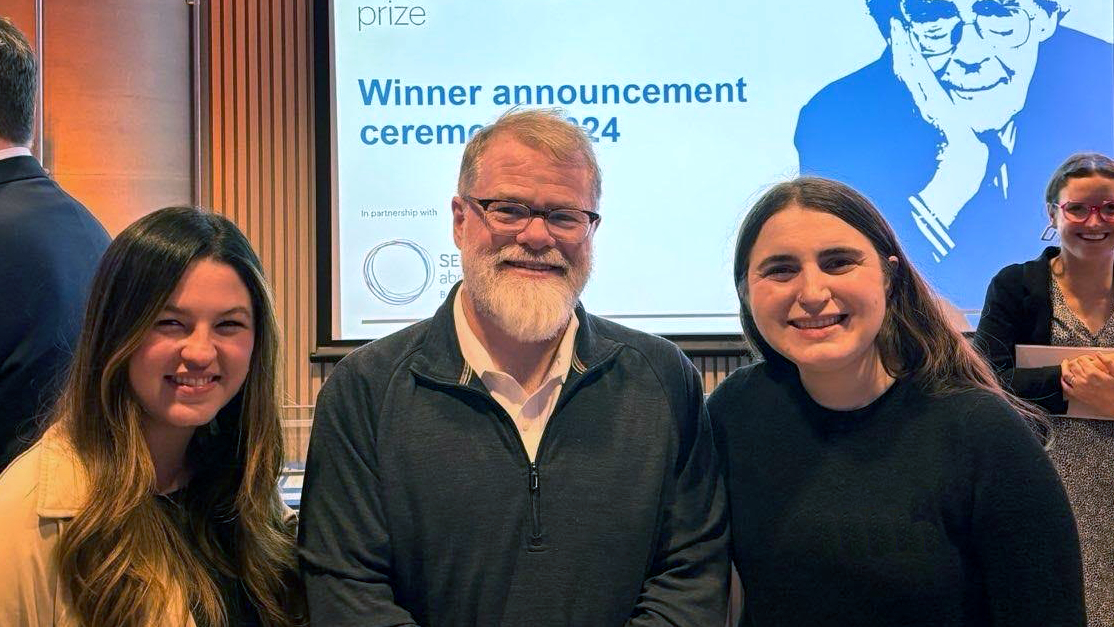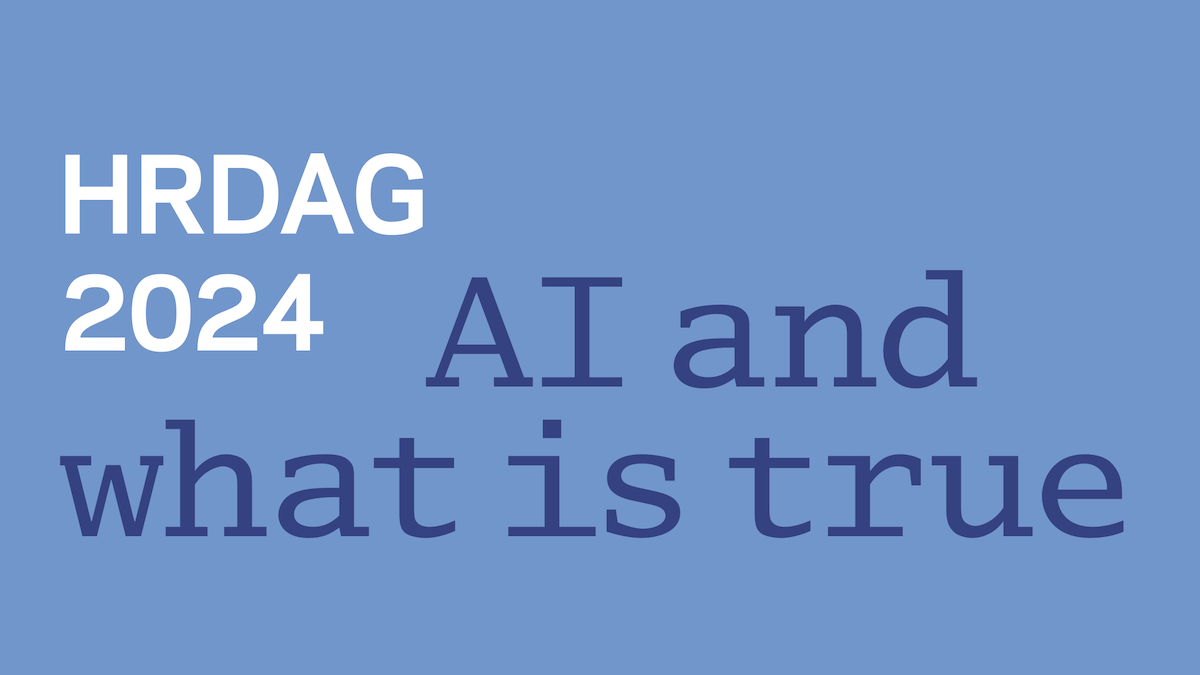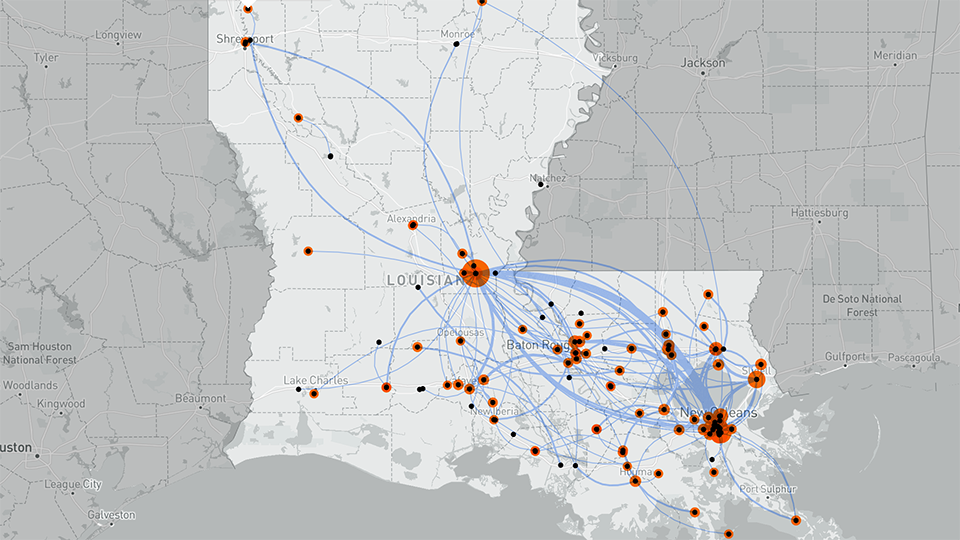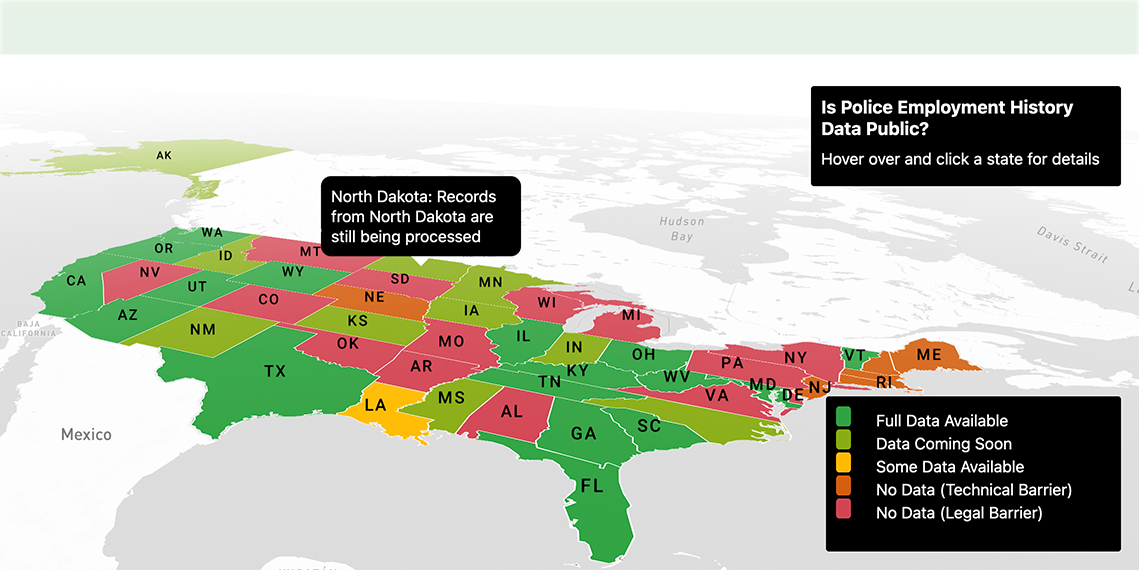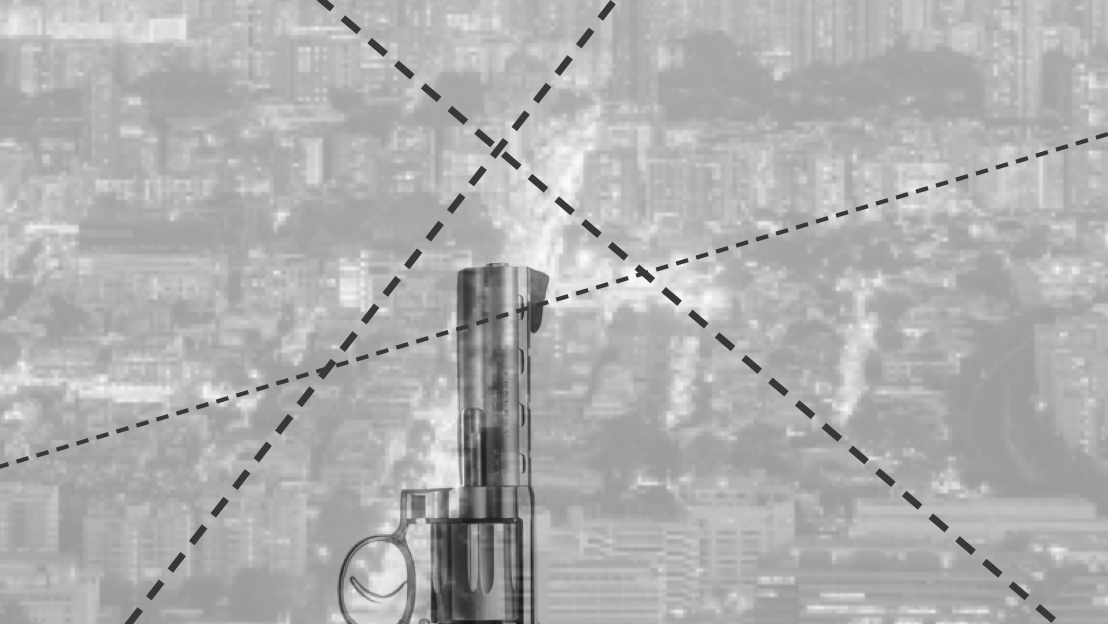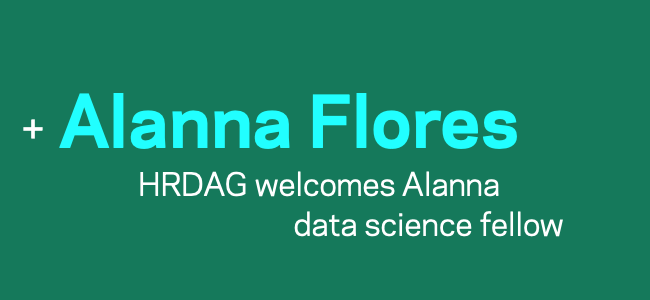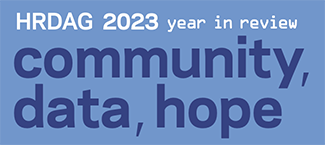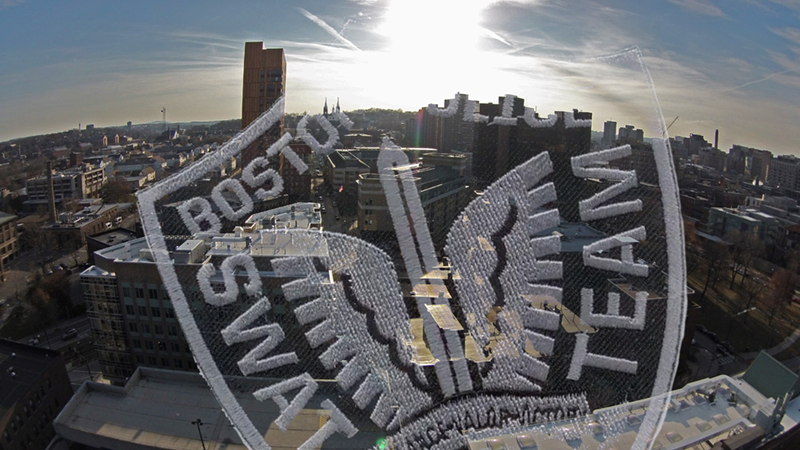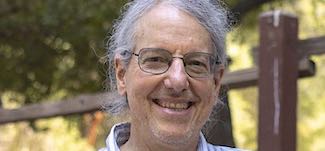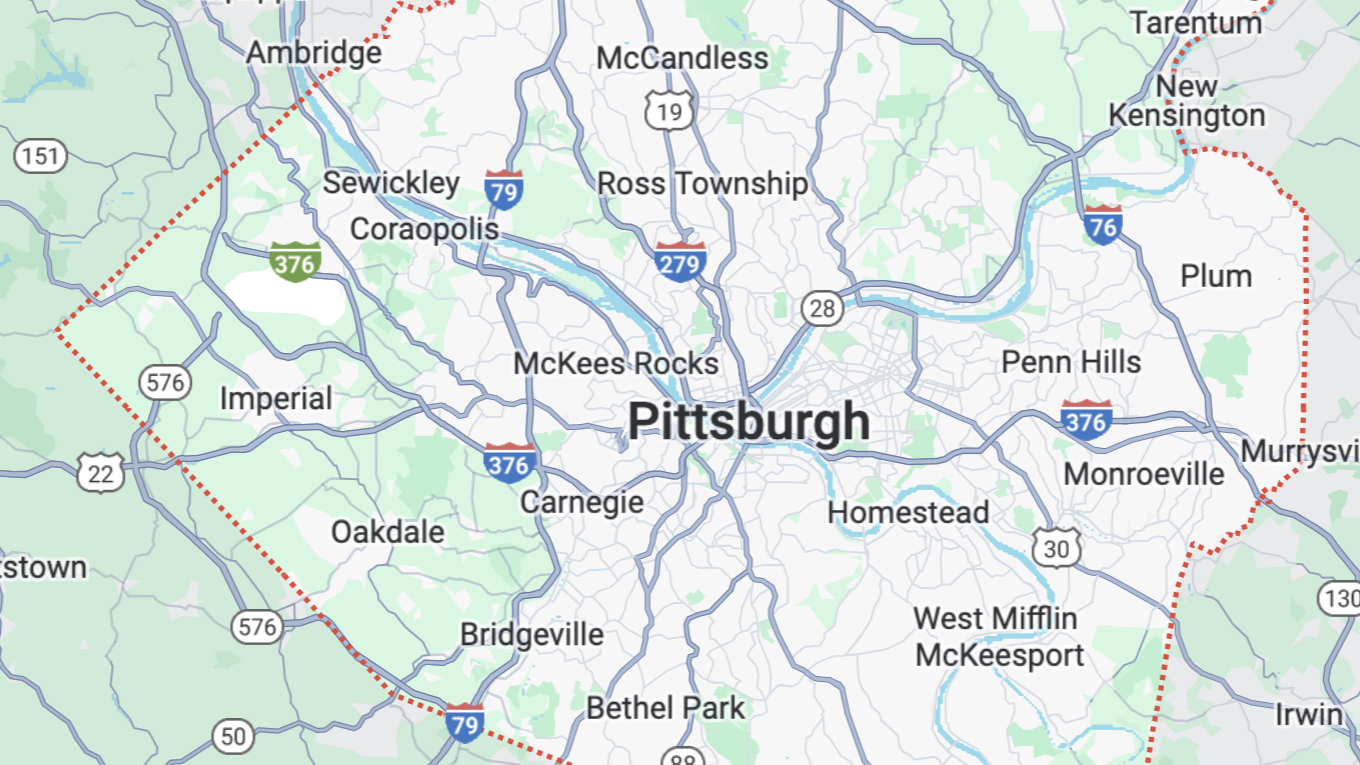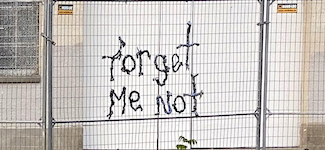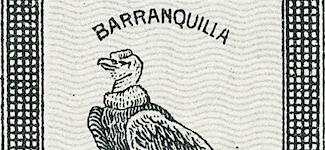Podcast: Dr. Patrick Ball on Using Statistics to Uncover Truth
Dr. Patrick Ball recently visited the Plutopia News Network podcast for a wide-ranging, inspiring conversation about his work for the Human Rights Data Analysis Group.
Patrick spoke about how he first discovered human rights work during his time in El Salvador with the Peace Brigades International. That led to his ongoing work as a statistician and computer programmer working to assess and analyze human rights violations. He also unpacked some common statistical techniques used by researchers at Human Rights Data Analysis Group, such as multiple systems estimation, ...
HRDAG Welcomes New Data Science Fellow
Our newest Data Science Fellow, Will Taylor, is currently a doctoral student in political science and public policy at the University of Michigan.
Announcing New HRDAG Advisory Board Member
Cynthia Conti-Cook came on board in March, 2025.
Trove to IPFS
IPFS is a peer-to-peer storage network that promotes the resiliency, immutability, and auditability of data. This README explains code written to shepherd the files from janky external USB drives to IPFS.
The John Maddox Prize for Patrick Ball
Congratulations to Patrick on this well deserved award!
HRDAG’s Year in Review: 2024
In 2024, HRDAG maximized AI's strengths to support partners.
How Structuring Data Unburies Critical Louisiana Police Misconduct Data
In Orleans Parish, Louisiana, home of New Orleans, 78 percent of wrongful convictions have been linked to a police officer’s failure to share exculpatory evidence with the defense. This is a rate more than double the national average.But while these actions, or any misconduct, by law enforcement personnel may be recorded officially, the data may be difficult to use or find. Depending on a parish’s resources, the data may be archived in a non-digital format, for example, on paper.
Innocence Project New Orleans (IPNO) has as its mission the overturning of wrongful ...
How a Data Tool Tracks Police Misconduct and Wandering Officers
Some police officers avoid accountability by “wandering” to another agency. HRDAG and partners created a data tool that tracks officers’ employment history.
Evaluating gunshot detection technology
Bailey’s analysis stemmed from data we had access to as part of our ongoing collaboration with the Invisible Institute.
A Pulitzer for an HRDAG partner
HRDAG colleague Trina Reynolds-Tyler wins a 2024 Pulitzer Prize in Local Reporting.
HRDAG Welcomes New Data Science Fellow
Alanna Flores joins HRDAG for the summer as a Data Science Fellow.
HRDAG’s Year in Review: 2023
In 2023, HRDAG continued to learn from our partners about resilience and patience.
Announcing New HRDAG Advisory Board Member
Elizabeth Eagen of the Citizens and Technology Lab at Cornell University will expand the HRDAG advisory board.
How Review of Police Data Verified Neglect of Missing Black Women
Sloppy recordkeeping by Chicago police has compromised missing persons cases. HRDAG is working with Pulitzer Prize-winning Invisible Institute to shed light on these stories.
Human Rights and the Decentralized Web
Our partners were eager to learn and talk about emerging decentralized technology.
How Data Extraction Illuminates Racial Disparities in Boston SWAT Raids
Boston Police deployed SWAT teams disproportionately to Black neighborhoods, sometimes raiding homes with young children. HRDAG extracted data revealing just how disproportionate.
Remembering Scott Weikart
HRDAG’s core values all have a connection to Scott Weikart, 1951–2023.
Making Missing Data Visible in Colombia
Valentina Rozo Ángel has worked with HRDAG and the Colombian Truth Commission to acknowledge victims of the 50-year conflict who are not visible or easily counted.
Can the Armed Conflict Become Part of Colombia’s History?
Paula Amado and María Juliana Durán Fedullo reflect on how the Truth Commission may change Colombia’s history, finally officially acknowledging the 50-year conflict and its casualties, and reckoning with who did what to whom.

